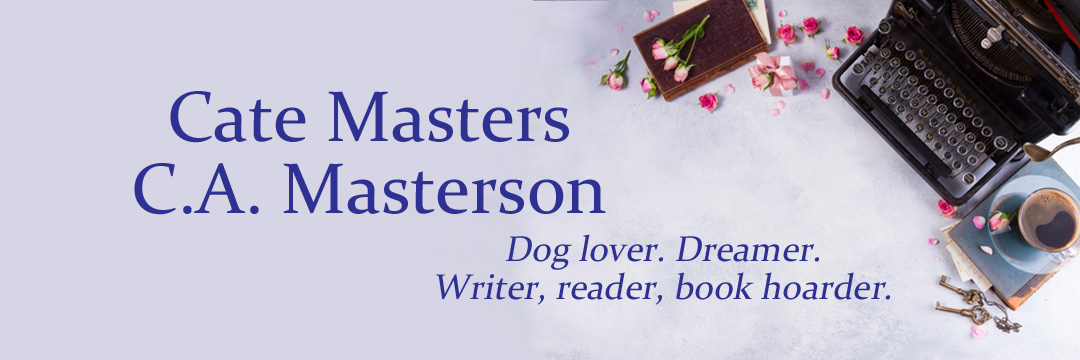An email loop alerted writers of e-books to a “sharing” site on the Web. Readers ask for a copy of an e-book and some other kind reader uploads the PDF to the site for sharing. Isn’t that nice!
Well, no, actually. Not for the author. Or the publisher. Or other readers.
Considering the cost of an e-book is substantially less than a print book, this is not an act of random kindness, but an act of piracy. It cheats the author who spends many hours perfecting each paragraph and depends on the royalties provided by the e-publisher (who rightfully keeps a chunk to cover the costs of several rounds of editing and cover art and production and e-storage and a myriad of other associated costs, so the author’s already down in payments). There are no advances in e-publishing, so it’s a per-download royalty.
The economy’s bad, but to stoop this low hurts the author, the publisher and yes, the reader, who will miss all those authors put out of their writing careers by illegal file sharing.
Such sharing prompts publishers to take a harsher stand. eHarlequin already encrypts its downloads so they cannot be copied more than twice. If illegal sharing continues, it will only a matter of time before all e-publisher are forced to follow suit. This, you might well imagine, will increase the cost of production which will then increase the cost to readers.
And no, it’s not comparable to song file sharing. It isn’t as if you’re going to take the e-book into your car for the work commute (impossible anyway, unless it’s also an audio book). It isn’t as if reading a chapter will encourage you to buy the e-book. So giving away an e-book will not widen the circle of readers, despite Radiohead’s success in music by giving away their album at first, then selling it.
Unless the e-story was available for free online and is no longer archived, please don’t participate in e-book sharing. The publishing world is tough enough for authors.
